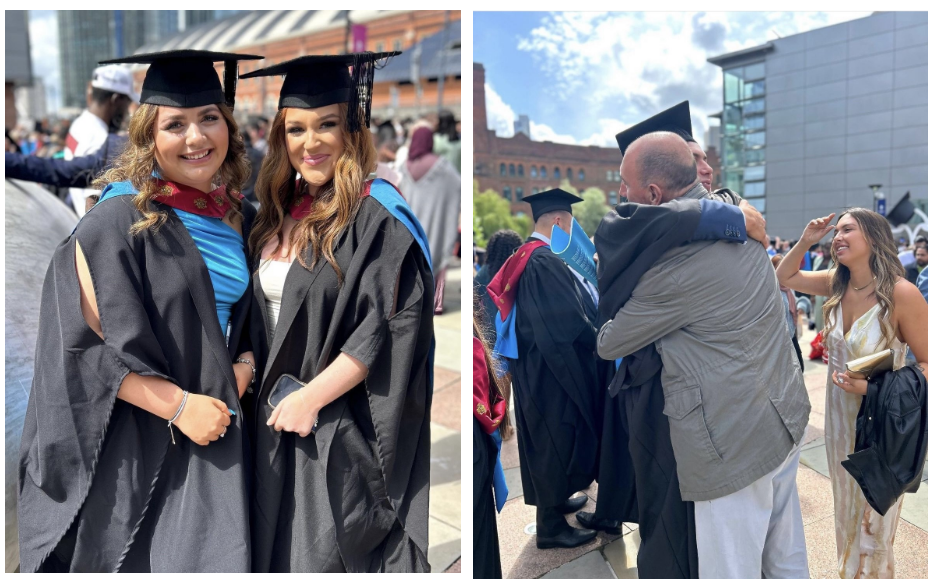Opinion | Tuesday, 26th June 2018
World Cup 2018: Importance of languages in today’s globalised game
Dr Karl McLaughlin on the role of linguists in football #AnatomyofaWorldCup

By Dr Karl McLaughlin, Senior Lecturer in Spanish (Translation and Interpreting)
The World Cup is now half way through. In the run-up to the big kick-off, much was written about the footballing aspects of the world’s most followed sporting event, the final of which is expected to attract a staggering 3.4 billion viewers, almost half the planet’s population.
As a University with a strong focus on the teaching of languages, we thought it would be interesting to place the spotlight on a lesser-known side of football: the important role played by languages in today’s globalised game.
Language interpreters have become a regular presence on British TV screens in recent years as a direct result of the growing influx of foreign managers and players.
The use of gifted linguists, such as Marc Joss, by top Premier League sides is not limited to providing on-the-spot interpreting for media interviews. Clubs often provide interpreters to help foreign players overcome the language barrier and assist with vital everyday activities such as house and school hunting. One such professional is James Peel – a former associate lecturer at Manchester Metropolitan and boss of his own company, JP Translations – whose excellent Spanish skills and language-teacher training ensured he was ideally placed to work also as an English instructor to various Manchester United icons such as Ander Herrera, David de Gea and Marcos Rojo.
Multilingual
Both Manchester clubs are acutely aware of the importance of languages to maintain contact with their global fan base and sponsors. Their websites are truly multilingual, with the Old Trafford outfit offering near-daily content in French, Spanish, Arabic, Chinese, Japanese and Korean, while neighbours City go even further by also reaching out to their many followers in Portugal, Brazil, Russia and Indonesia in their native languages. Both also employ dedicated social media teams from different nationalities to post round-the-clock news in various languages for their respective followings.
The World Cup brings massive opportunities for professional linguists, who will be employed in large numbers not just by the Russia 2018 Organising Committee at 12 stadiums from Kaliningrad in the west to Ekaterinburg in the east but also by various language agencies in other locations.
A prime example is Clark Football Languages (CFL), which has put in place an extensive team of remote translators, proofreaders and subtitlers stationed all over the world who will speedily translate a vast amount of audio content from pre and post-match press conferences into English throughout the tournament, ensuring players’ and coaches’ comments reach avid audiences as quickly as possible.
Russia 2018 is not just a global football fest: it is a truly multi-lingual environment in which top linguists will play a key part, providing an indispensable service for the benefit not just of FIFA and the participating teams but also the more than three billion people worldwide who will tune in
Football’s world governing body, FIFA, has a dedicated Languages Services Department, which translates millions of words of written communications and information every year in into and out of its four official languages – English, French, German, and Spanish.
The Department also retains the services of professional interpreters for all FIFA meetings and events, of which there can be up to a 100 annually, including regular technical gatherings of top-level coaches and referees.
That number increases dramatically during World Cup year and one can safely assume that language interpreting was a key service at the preparatory seminars for the introduction of VAR (Video Assistant Referee), which is being rolled out for the first time at a World Cup this year. Simultaneous interpreting is provided in all four official languages for the FIFA Council and other committee meetings, with Arabic, Portuguese and Russian added for the FIFA Congress.
Mourinho the interpreter
Russia 2018 will make extensive use of remote interpreting, which has already been employed at the World Cups in South Africa (2010) and Brazil (2014). Under this system, the simultaneous interpreting for many post-match press conferences is provided from a central hub in Moscow, not from the actual venue.
Up to nine languages could be involved as the interpreting covers the five core World Cup languages (English, German, Spanish, French, Russian), plus the languages of the two teams and, if different, those of their respective coaches.
In addition to the professional translators and interpreters who will be plying their trade in the high-pressure environment of Russia 2018, thousands of volunteer linguists – recruited after a stringent selection procedure – will provide lower-level language services at stadiums. They will assist in the so-called “mixed” zones, where media reporters meet the players after the game, and also with key activities such as doping controls.
In short, Russia 2018 is not just a global football fest: it is a truly multi-lingual environment in which top linguists will play a key part, providing an indispensable service for the benefit not just of FIFA and the participating teams but also the more than three billion people worldwide who will tune in between June 14 and July 15.
It is safe to say that football today would be inconceivable without languages. Remember: if a talented linguist called José Mourinho had not been appointed to interpret for Bobby Robson, firstly at Sporting Lisbon in 1992 and later at Porto and Barcelona, Manchester United would be under very different management at present!




